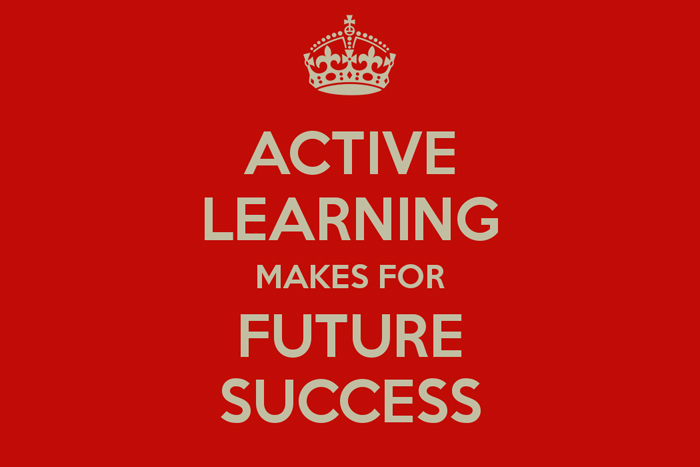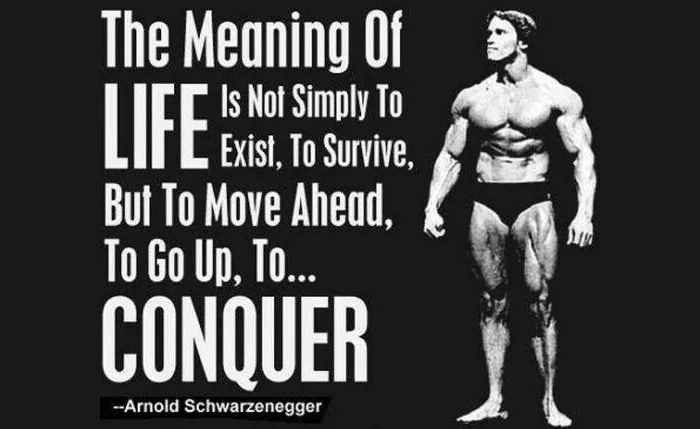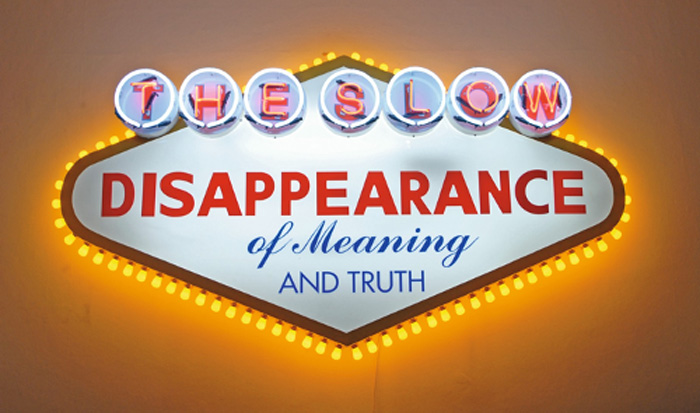Active Learning Reconsidered
1. Learning must be active, they say. The children must become what they are: Agents of their destiny. They are neither vassals to be ordered around, nor vessels that must wait to be filled. They are agents able to choose and decide and plan and invent and find an answer to every question.
It goes without saying that activity is good, passivity is bad.
With this black and white contrast of the active and the passive there is the risk of a supposedly progressive pedagogy falling back into the worst kind of conservatism – not a tweed-jacket conservatism that wants to keep a dying past alive, but a far worse conservatism that insists on the perpetuation of a suffocating present – an oppressive present that garners its formidable strength from an ideology of personal freedom. Everyone must be free to choose – to chart the course of their personal destiny, to find solutions to their personal problems, to get on their bike and pedal hard when times get rough, and to shoulder the responsibility of setting something aside so that when the unchosen happens there is an insurance policy to minimise the suffering.
And of course, everyone must own what is most essential to them. Ownership is part and parcel of this idea of agency. Hence all the talk about the importance of the students making their education their own.
The modern agent is a very busy and rather possessive bee in this hive of anxious social climbing – because every agent must have something to aim for, and what else is there to aim for but “success”?
This supposedly progressive pedagogy assumes that the problem is a lack of agency: People have been trained to be passive (by schools especially), to sit and wait instead of taking matters into their own hands. Teachers need to overturn this culture of passivity and help usher in a new era of maximal activity.
We beg to differ. We have more than enough agency. The problem with agency is not its lack, but its narrowness and its antipathy to education at its best.
The supposedly progressive pedagogy would like to facilitate change. But what are the most significant forms of change? What are the changes that really matter, especially for education – for an education that is internal to a good life?
Are they not changes in which new horizons open up – in which new orders of value become perceptible? And in the experience of a new horizon opening up is there not a falling away of the agency which is forever planning and choosing and solving problems and ambitiously dreaming of future success?
Although the word is weighed down too much by its connotations, the most significant changes have about them a character that might be called revelatory. The turning points that are so important to the education that is our life are revelations, of a sort. They all have about them something that recalls the old story about the road to Damascus – a story of an agency interrupted, stopped in its tracks as something previously invisible comes miraculously into view.
The most important experiences in our education instil a sense of gratitude for something that feels as if it has been given to us even though no giver is in sight. It is an experience that has nothing in common with the experience of putting the final brick on a wall that one has meticulously planned and executed with perfect precision. Education at its best has little to do with the sort of personal achievement that all the talk of agency has in mind.
Learning must be active, they say. But they forget how passive we are in the all-important turning points in our education.
Passivity is assumed to be a feature of an oppressive regime, where the will of the oligarchy can only prevail given the subjugation of all other wills. But there is another kind of oppression, where a hyperactive society creates a din that deafens us to what we really ought to be attending to. What might be called an openness is closed off, no longer by dogmatism, but simply by the interminable noise, and also by the rising tide of indifference – the indifference that has to be acquired in order to brave the million emotional slings and arrows of life in this frenetic society. Of course, what helps to motivate that detachment is our devotion to our agency. We are all committed to our personal projects. We must achieve our goals. We must make the mark. If we take a break, it will be to switch off, to unwind, not to open ourselves to something that might challenge the point of all that anxious striving.
The culture of choice and all this anxious activity that is never sure if it is active enough is one that traps people in something that is essentially closed – a culture that thinks of our collective future as merely a mathematical extrapolation of the present.
Perhaps, instead of redesigning education to maximise our agency, we need to rethink that agency in order to facilitate the occurrence of the most important learning experiences – ones that involve as much passivity as activity. Education suffers when we forget how passive learning at its best is. Of course, the students need to be encouraged to talk and to express themselves, but somehow the idea needs to emerge that what is most worthy of discussion is the importance of listening – of being quiet and attentive and open. Of course, the students must be encouraged to work things out for themselves, but somehow the idea needs to emerge that what most needs to be worked out is a way of keeping society open to the things that really matter.
2. As we write this we are listing to a beautiful Greek song sung by Fleury Dadonaki:
In the song, a window is closed and dark. The singer, outside, waiting, calls for it to open: Άνοιξε, άνοιξε (Open, open). She says she can no longer stand being tyrannised like this: …δεν αντέχω, φτάνει πια, φτάνει πια να με τυραννάς.
The tyranny of the window remaining closed – a kind of tyranny where there is no imposition of a will. This is the tyranny under which we live – one in which a window on what we most need to see is shut. There is no question here of a thwarted activity – of the woman not being allowed by a tyrant to simply walk up to the window and open it and let in the light. No, one must wait to see if the window will open.
When we think about learning at its best, does it not have about it something that recalls this activity of waiting for something to open? Should the strenuous activity of education not be a preparation for that kind of opening?
3. The poet Wordsworth gave a nice poetic hint at a non-theory of passive learning. The poem* dates back to 1798 and depicts the poet as a boy being asked why he isn’t being busy as an active learner, working away at his books, and has instead left his study to sit in the countryside silently on a grey stone. He is accused of wasting his time.
His reply hints at the idea that beyond the busy activity of the human intellect – the busy intellect responsible for producing so much printed material – things are speaking. An openness to things puts the poet in touch with what prompts reflection. The “food” for thought that the boy needs most is this felt contact with the things themselves, not the dissected and analysed and enumerated remains of experience that are to be found in the books.
What matters most is something that must come of itself: “…nothing of itself will come, But we must still be seeking…” The poet’s activity is for the sake of something that cannot be willed into existence – something whose emergence could never be a personal achievement. It is an active passivity.
In contrast to the Fleury Dadonaki song, Wordsworth assumes that the window is open. The window is Nature. Perhaps it was open at the turn of the nineteenth century. Now it is closed.
This is what makes formal education such a tremendously difficult task. If it were 1789 we could simply take the children out into the countryside and have them sit on grey stones. That is no longer an option.
When there is nothing for people to be open to – nothing that can survive the din of our hyperactive bustle (nothing beyond a few flickers of things here and there) – it is hard to sustain that openness. It is as if we were in the classroom in pitch darkness, and must encourage the children to keep their eyes open. “Why?” they ask. “There is nothing to see.” And they suggest (one imagines): “Let’s switch the lights on and get back to being productive active learners. How are we to succeed otherwise?”
——–
Notes:
* Wordsworth’s poem is entitled: EXPOSTULATION AND REPLY
“WHY, William, on that old grey stone,
Thus for the length of half a day,
Why, William, sit you thus alone,
And dream your time away?
“Where are your books?–that light bequeathed
To Beings else forlorn and blind!
Up! up! and drink the spirit breathed
From dead men to their kind.
“You look round on your Mother Earth,
As if she for no purpose bore you;
As if you were her first-born birth,
And none had lived before you!”
One morning thus, by Esthwaite lake,
When life was sweet, I knew not why,
To me my good friend Matthew spake,
And thus I made reply:
“The eye–it cannot choose but see;
We cannot bid the ear be still;
Our bodies feel, where’er they be,
Against or with our will.
“Nor less I deem that there are Powers
Which of themselves our minds impress;
That we can feed this mind of ours
In a wise passiveness.
“Think you, ‘mid all this mighty sum
Of things for ever speaking,
That nothing of itself will come,
But we must still be seeking?
“–Then ask not wherefore, here, alone,
Conversing as I may,
I sit upon this old grey stone,
And dream my time away,”



